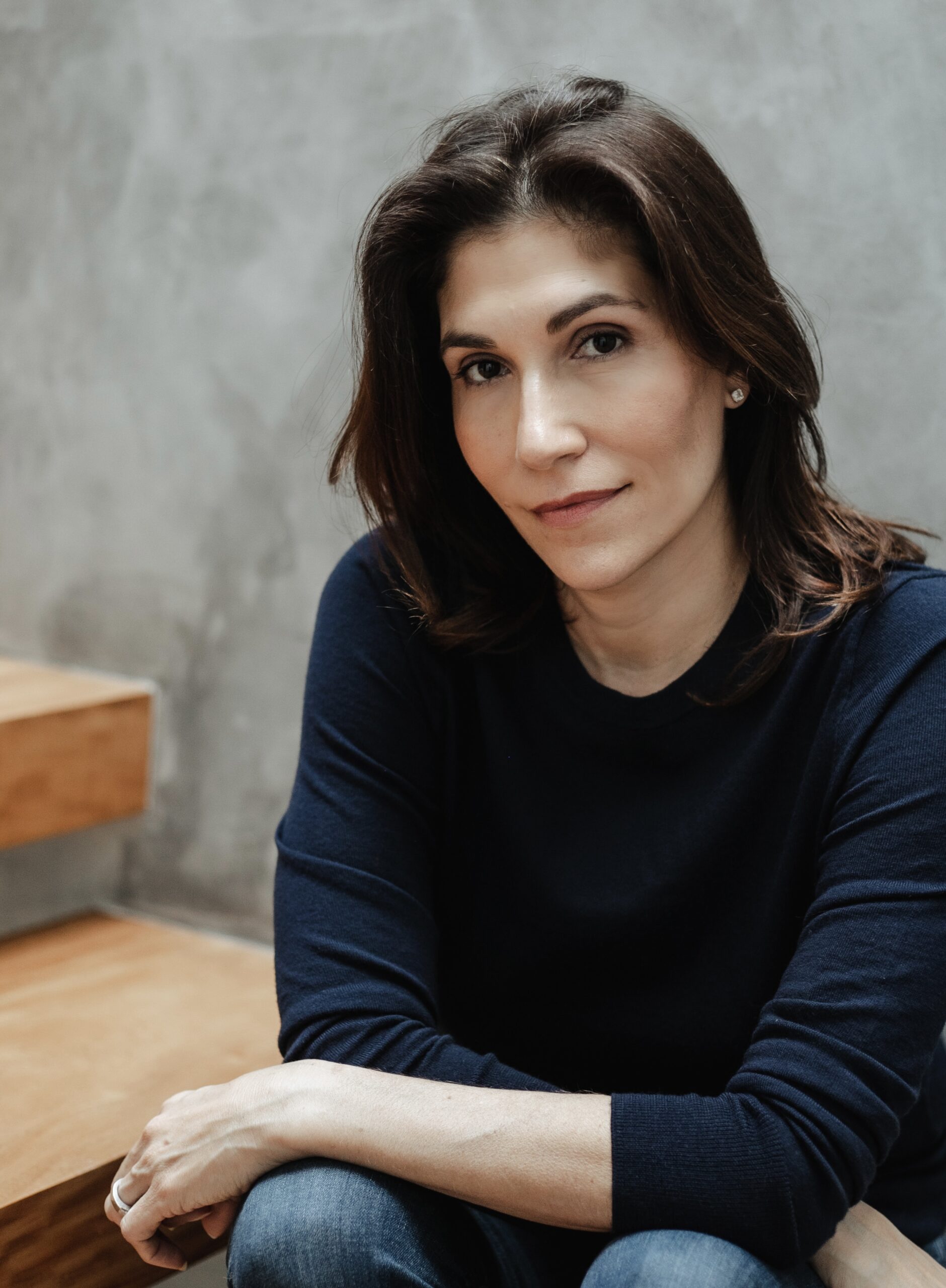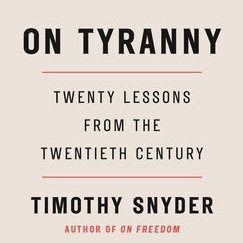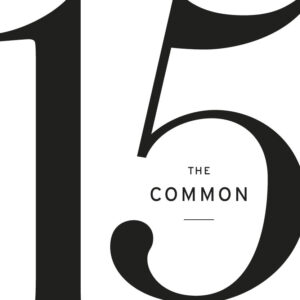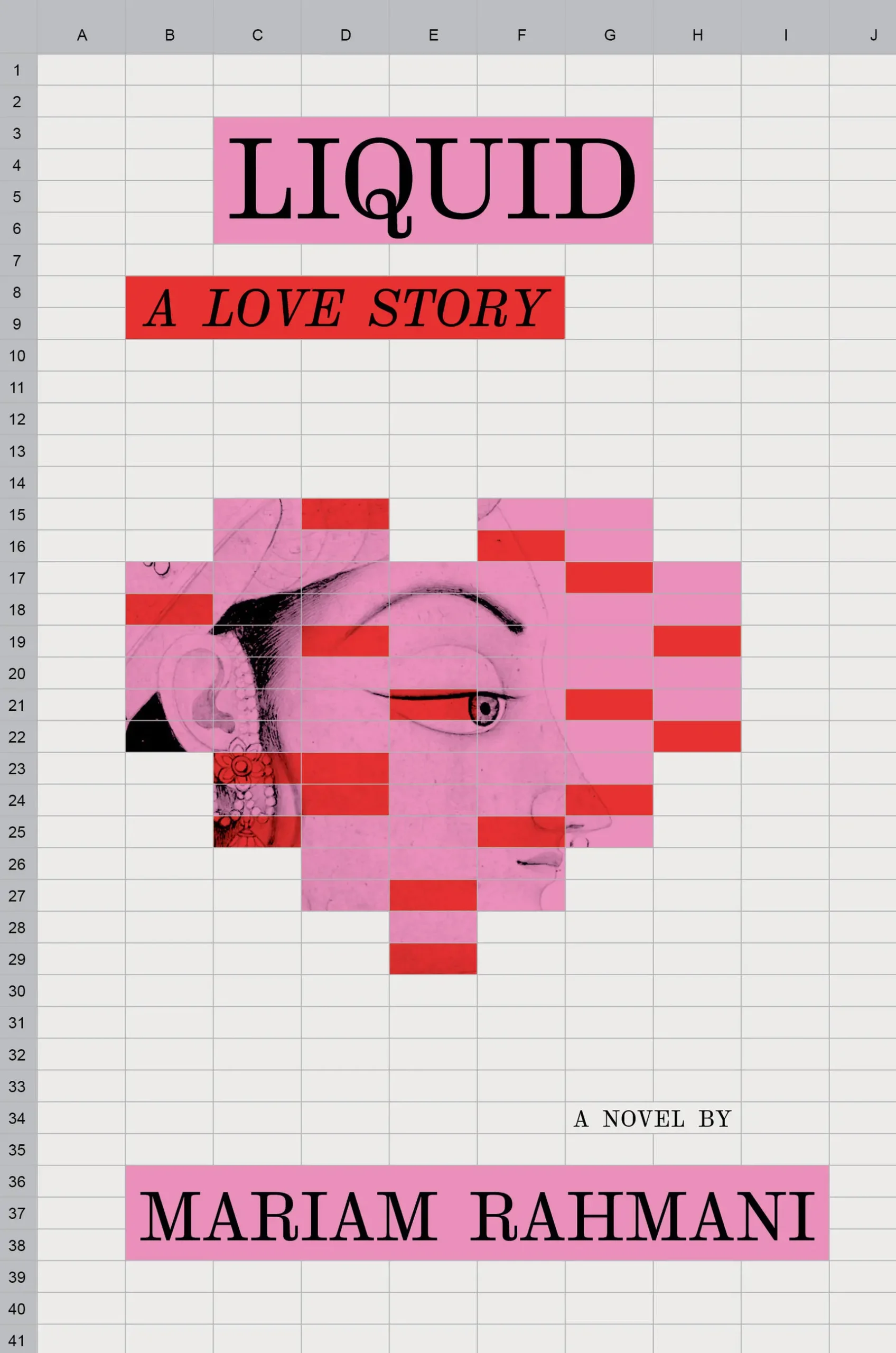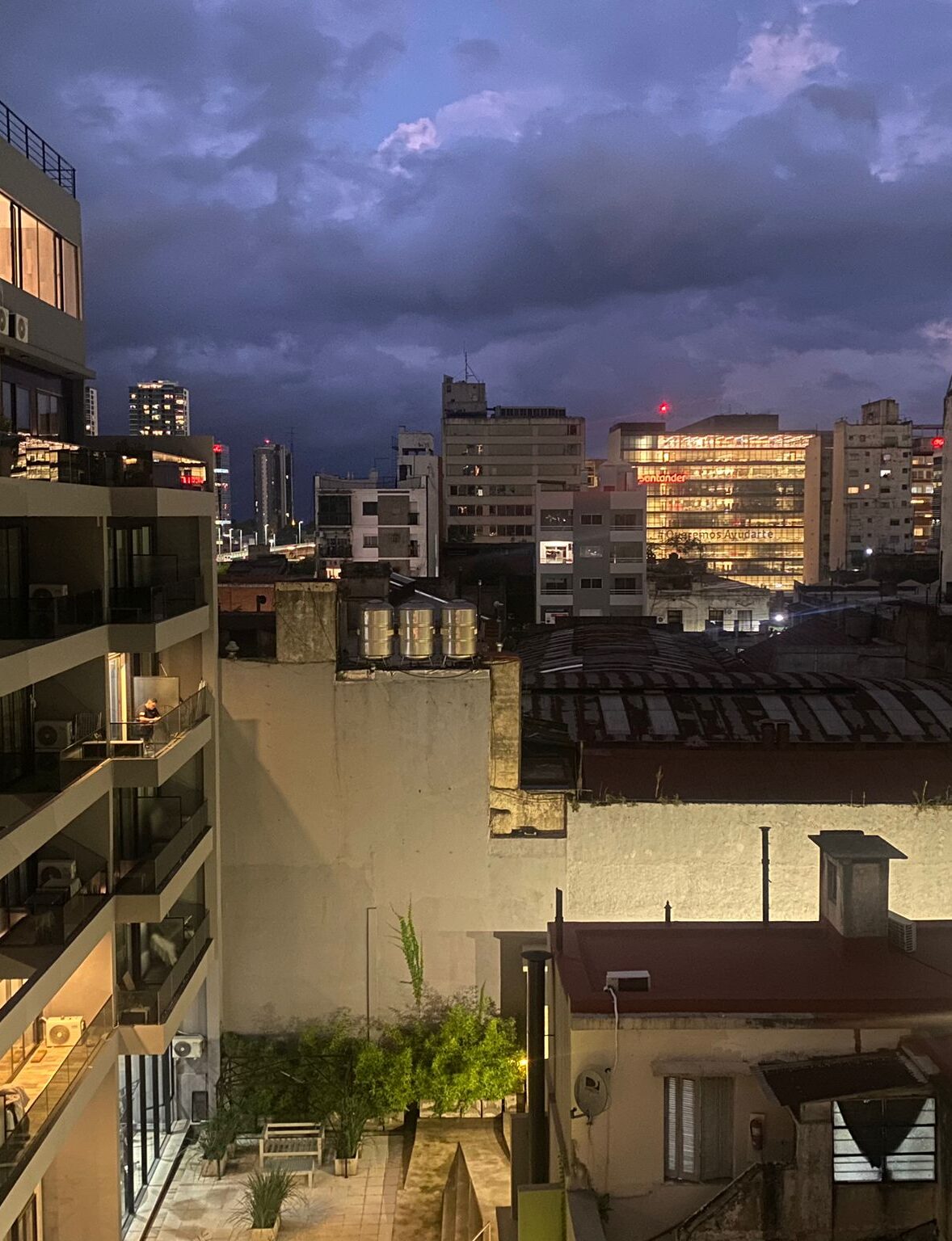By ALEXANDRA LYTTON REGALADO
Excerpted from Drownproofing and Other Stories, a finalist for the Restless Books Prize for New Immigrant Writing 2025.
Dr. Rafael Améndarez
San Francisco, California, United States of America
July 14, 1968
Srita. Liliam Améndarez
San Salvador, El Salvador, Central America
Greetings my always dear cousin, Lili!
Last week I was discharged from the hospital, and considering my life’s current hustle and bustle, just in case, I’ve decided to congratulate you in advance for your birthday. Congratulations a thousand times on that auspicious August 9.
A few days ago, by accident, I came across a letter among old and musty papers. One of those things one keeps without knowing why. Things that are stored away after reading them and are not read again until that day when unexpectedly, by chance, they appear in our hands. Imagine a letter written a whopping two decades ago! Yellowed by the years. A letter from a friend. This one dates back to World War II.
At that time, I was in France with the American army. I remember it was a freezing day, bitterly cold, in January 1944. There in the French Vosges, between Colmar and Strasbourg. That winter I remember vividly because it was extremely harsh. A man could be wounded and freeze within minutes. Climbing a mountain loaded with winter clothing, weapons, and ammunition, one would sweat, and that sweat running down the face, sliding, in a moment when one stopped to catch their breath, froze into ice splinters, which could be peeled off.





